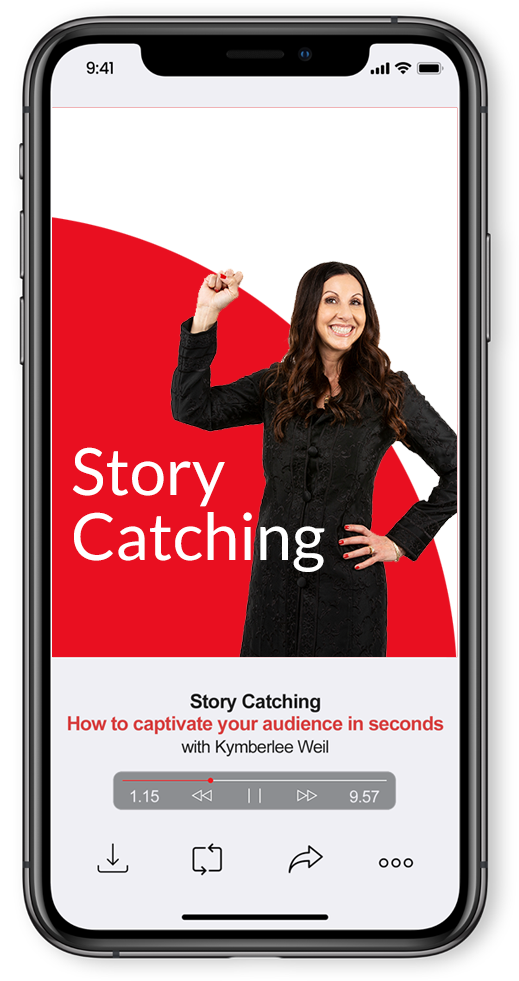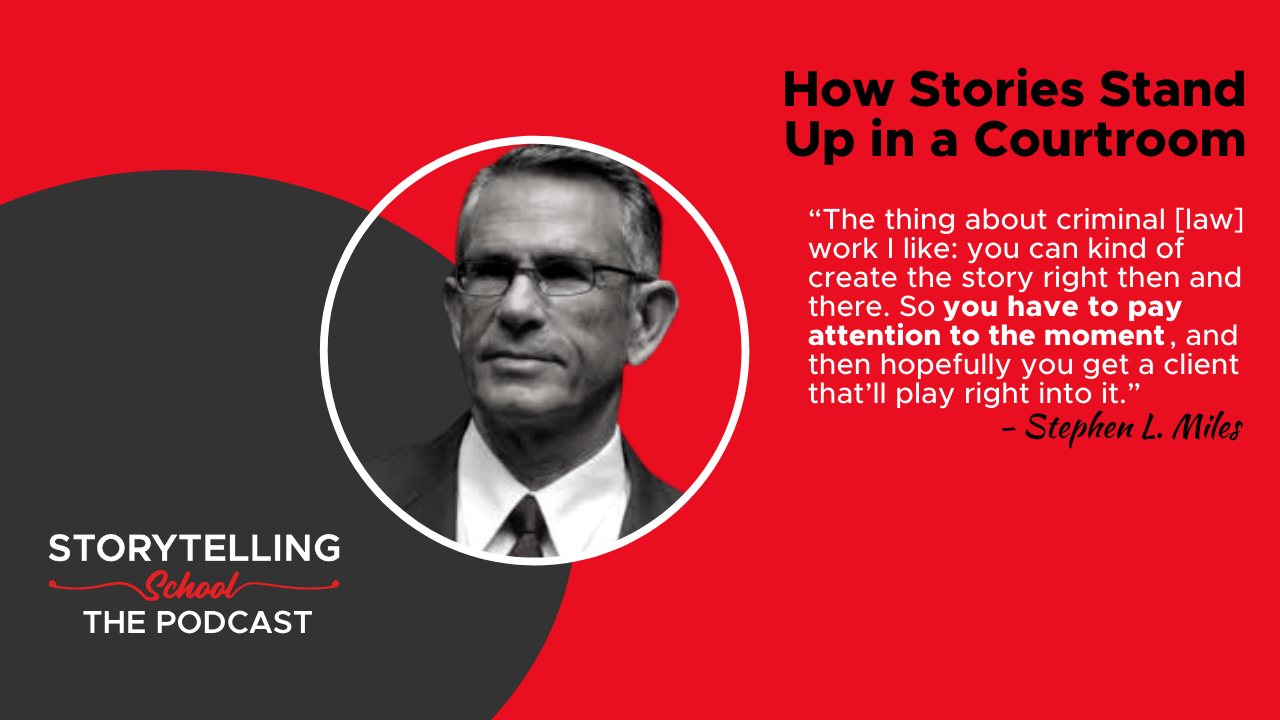
This Week’s Episode:
It’s my first improv performance. I’m so nervous, I don’t invite anyone to my show - no family members, no colleagues, no friends. Make that… no friends except... for my dear friend Steve from Baltimore. I know he’ll have my back and love this performance.
I peer from behind the curtain, just as the emcee is announcing our names. I see Steve from Baltimore in the front row, three seats from center. Phew.
The show begins and after doing the first bit with my scene partner, I notice Steve isn’t smiling. After my second time on stage, he isn’t even laughing. As the show goes on, he's given me no reaction whatsoever - not even a head nod.
I realize I must be so bad at this that I start apologizing to my fellow cast members backstage right then and there and tell them my improv career is over.
After the show I tell Steve that I’m so sorry to have wasted his time and that I was so terrible. “What?” he asks. “You were terrific and so funny. You should definitely do this more.”
At that moment, I realized what happened - Steve from Baltimore has a background as a criminal defense attorney in Maryland. He was simply watching the show with his “courtroom stern expression” on. Thanks Steve.
Lesson learned? As storytellers and speakers, we can't control our audience’s face.
This week, I’ve invited the infamous Steve from Baltimore onto the podcast as my special guest. We explore storytelling from the lens of influence and intention, in the courtroom and beyond. You’ll hear his (extra politically incorrect) story of the pineapple head trial and so much more. We’ll cover how he used storytelling in criminal courtroom cases and why story matters when you want to encourage a particular outcome.
What you will learn in this episode:
- Why the “guilty” or “not guilty” verdicts are actually misnomers
- Why it’s harder to create stories in criminal trials
- What essential element makes for a great story with a jury (or any audience)
Who is Steve from Baltimore?
Stephen L. Miles was born in 1943 and educated in Baltimore’s public schools. He has a bachelor’s degree from the University of Maryland and got his law degree from the same institution in 1969. For his first job, he spent three years prosecuting the highest level criminal cases in the felony unit. His first trial involved a murder case within just the first two days of him being on the job. From there, he was off and running.
Stephen’s next case came when the biggest criminal lawyer in Maryland hired him. He’d go on to spend several years working there. But eventually, he decided that the stress of working on criminal cases was too much and decided to pursue a new career within his career. In 1975, when it became legal to do so in Maryland, he was the first lawyer to advertise on state TV.
By the time 1999 rolled around, Stephen had had enough and decided to sell his practice. At that point, he’d acquired over 60 employees in 8 locations. He stayed at home to raise his two adopted Vietnamese daughters until he decided to try working in legal again in 2010. However, with the onset of the COVID pandemic, he retired from it a second time.
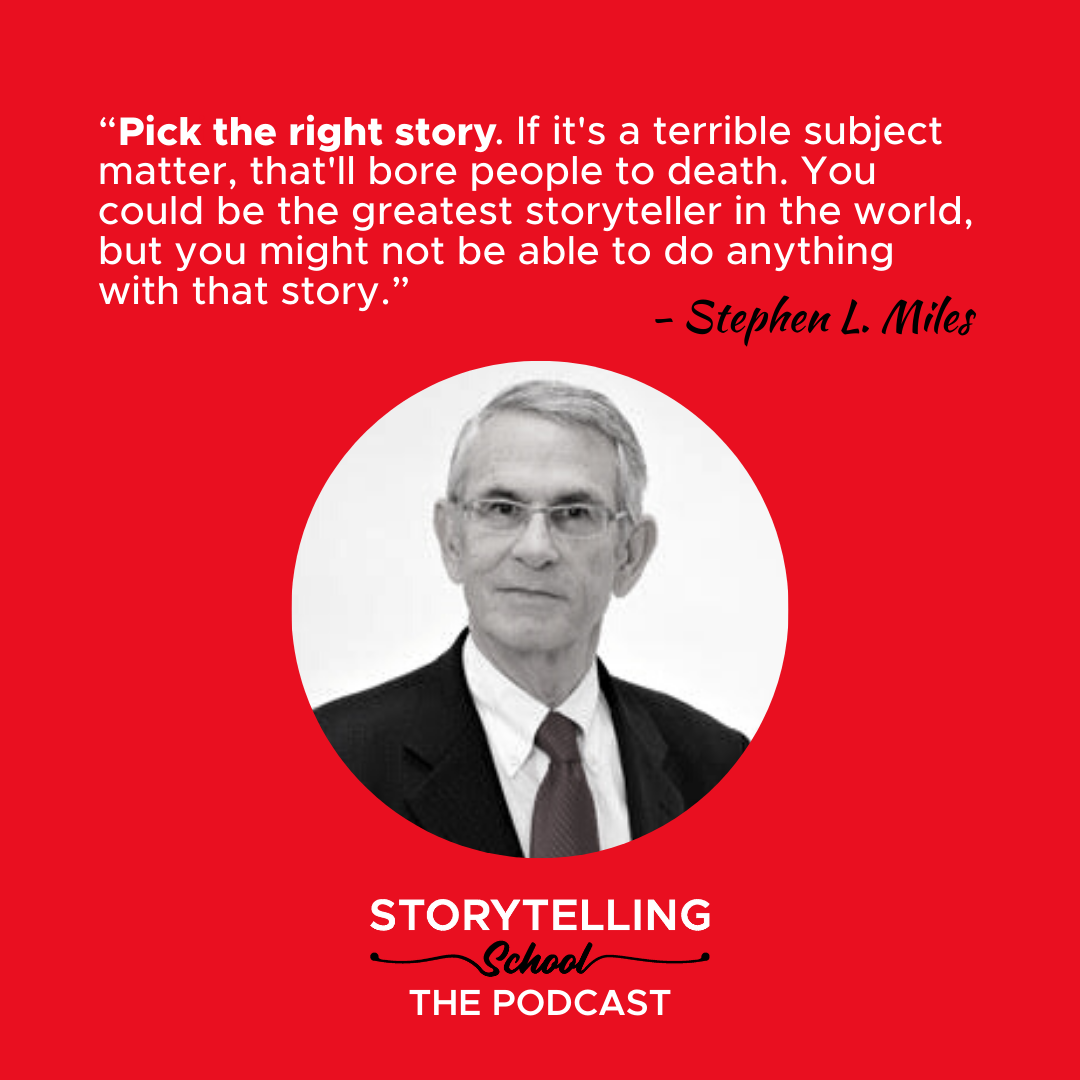
Links & Resources
Free Speaker Training: Learn how to make your Talks more persuasive and captivating to hold your audience's attention longer
- Increase your confidence
- Build trust with prospects - fast
- Stand out against competition
- Captivate your audience
- Be the one they remember
You’ll also receive storytelling secrets each week from our show.
One-click unsubscribe if you don't love the free training!
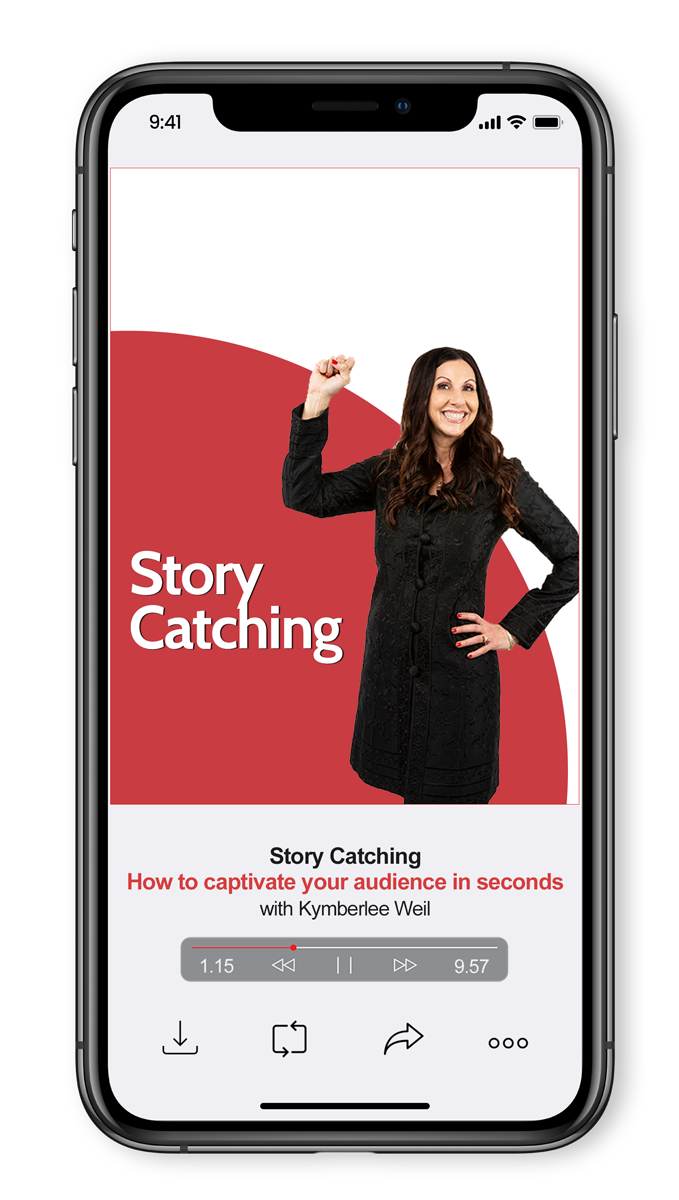
"Storytelling is an art form - and Kymberlee Weil is the master! I’ve been fortunate enough to work with some of the most talented creatives in the world, and Kymberlee is close to the top of that list.”
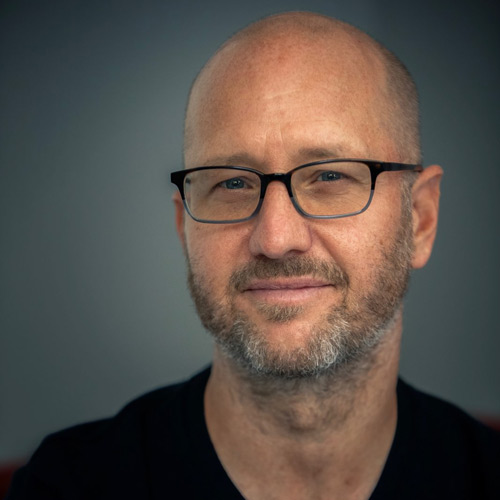
JULIAN REEVE
SPEAKER, AUTHOR, FORMER MUSIC DIRECTOR OF HAMILTON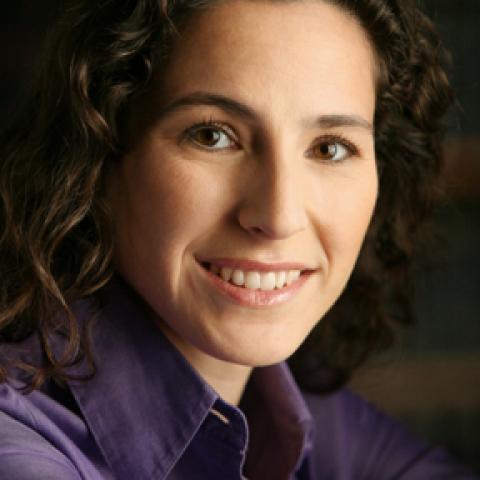
JUNA KOLLMEIER
ASTROPHYSICIST, TED SPEAKER"I thought I had public speaking down pat. As a former Green Beret, I have followed a lot of quality leaders and coaches, and I would follow Kymberlee anywhere… Especially onto the red circle."
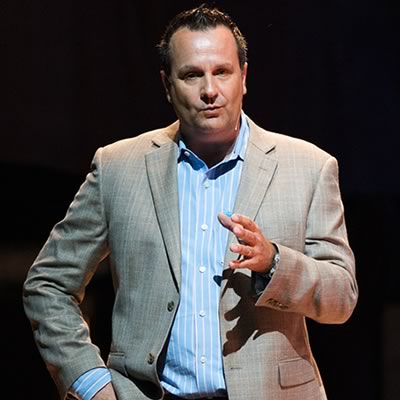
LTC (RET.) SCOTT MANN
GREEN BERET, ENTREPRENEUR, STORYTELLER, TRAINER, COACH, AUTHOR

